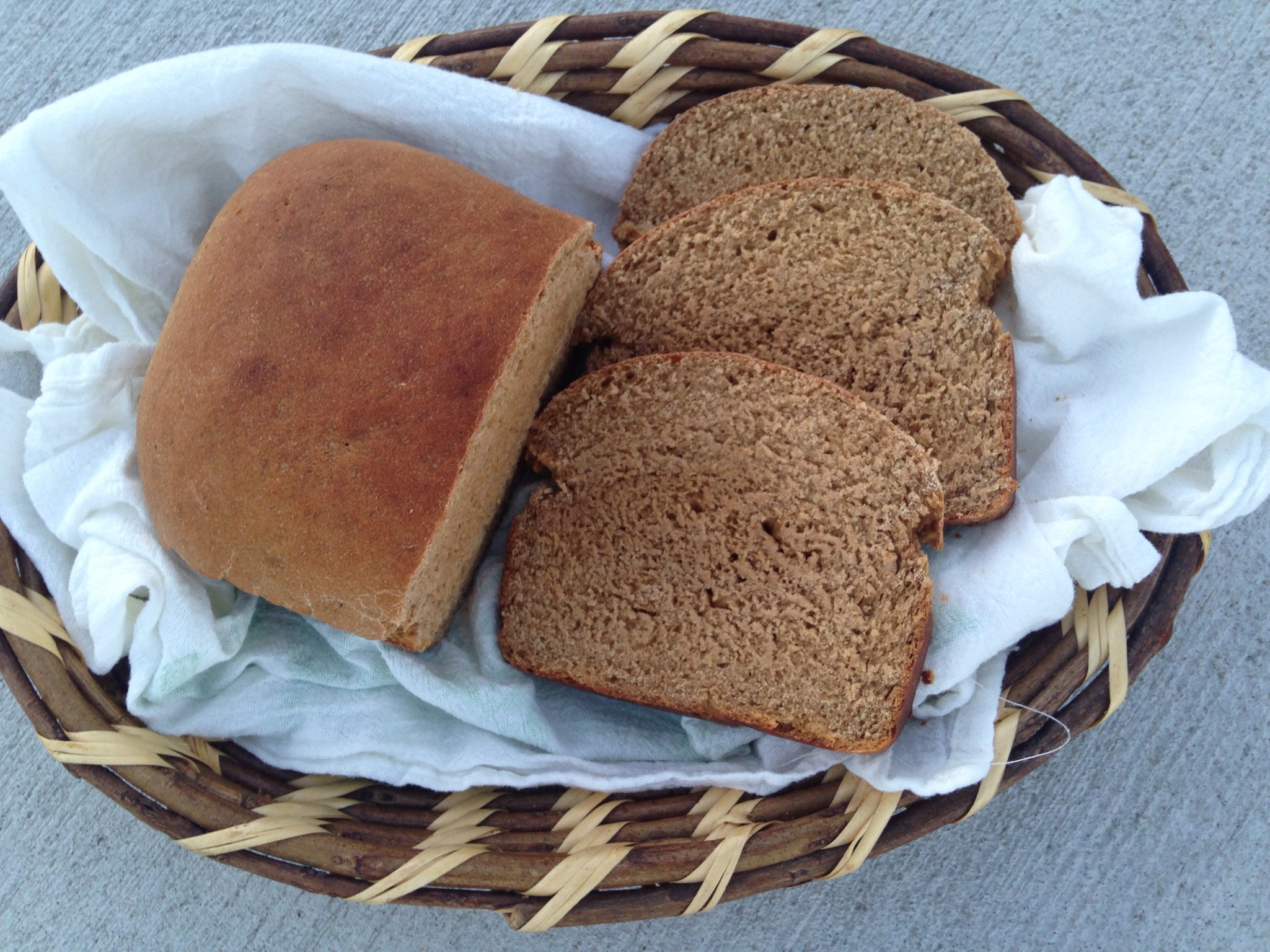Looking for the perfect flour to gift your favorite baker? We've got you covered! Here's what you need to know about shipping times and when you need to order to ensure your flour arrives on time.
Looking for the perfect flour to gift your favorite baker? We've got you covered! Here's what you need to know about shipping times and when you need to order to ensure your flour arrives on time.

2021 has certainly been an interesting year! We haven't been able to share as many emails, blogs, and social media posts as we'd have liked, but we want you to know that we are always here and are always working hard to bring more 100% Certified Organic Flour to your door. We want to thank each of you for joining us on this journey to get more flour into more bakers' hands across the USA. We've so enjoyed hearing from many of you about what you are baking and have been inspired by all the kindness we've seen bakers showing their neighbors and communities.
Baking with a sourdough starter? Read our 5 favorite tips to get one started and keep it going with the least amount of work! We've also included some awesome baking resources from some of our favorite bakers!
The origin of rye is somewhat contested, as there is not a clear line of human domestication of the cereal grain. Rye first came to be used by humans when they noticed it sprouting in their wheat and barley fields as a weed, and it thrived in conditions that other cereals struggled in. As with many other grains, it lost popularity when refined flours became more affordable, but has since made a resurgence due to its bold flavor and nutritional benefits. Rye's hardiness is one of its main characteristics and what made it so popular in regions where growing conditions were not ideal for wheat in places like Russia. This is why those areas have such a great tradition of rye breads to explore.
Many customers find our Super Sprout™ Sprouted Wheat Flour, fall in love with the nutritional benefits and added flavor it offers, and want to give it a try in all their recipes! It is a flour all its own and it can be a bit different to work with but with a little practice a baker can really push the envelope with Super Sprout™ to realize its full potential of flavor and nutrition. In this blog we will share a few tips and tricks to make transitioning to baking with Super Sprout™ Wheat Flour a seamless process.

Are you a home baker that has recently started buying flour in bulk, or a bakery owner looking for ways to preserve the life of your flour? This blog is for you! Many customers have asked how best to preserve their organic flour and we’re here to answer with our best practices.
With individuals stuck at home across the country and grocery store shelves completely devoid of flour due to the pandemic, we at the Mill had the opportunity to meet a need for households and bakers across the country. Not only did we take great pride in meeting this need, we also had to opportunity to “meet” many incredible individuals through the web. Individuals who had never even heard of Lindley Mills, stumbled upon us in their search for quality, organic flour. Once such individual shared his elation upon finding our 100% Organic All Purpose and Bread Flours.